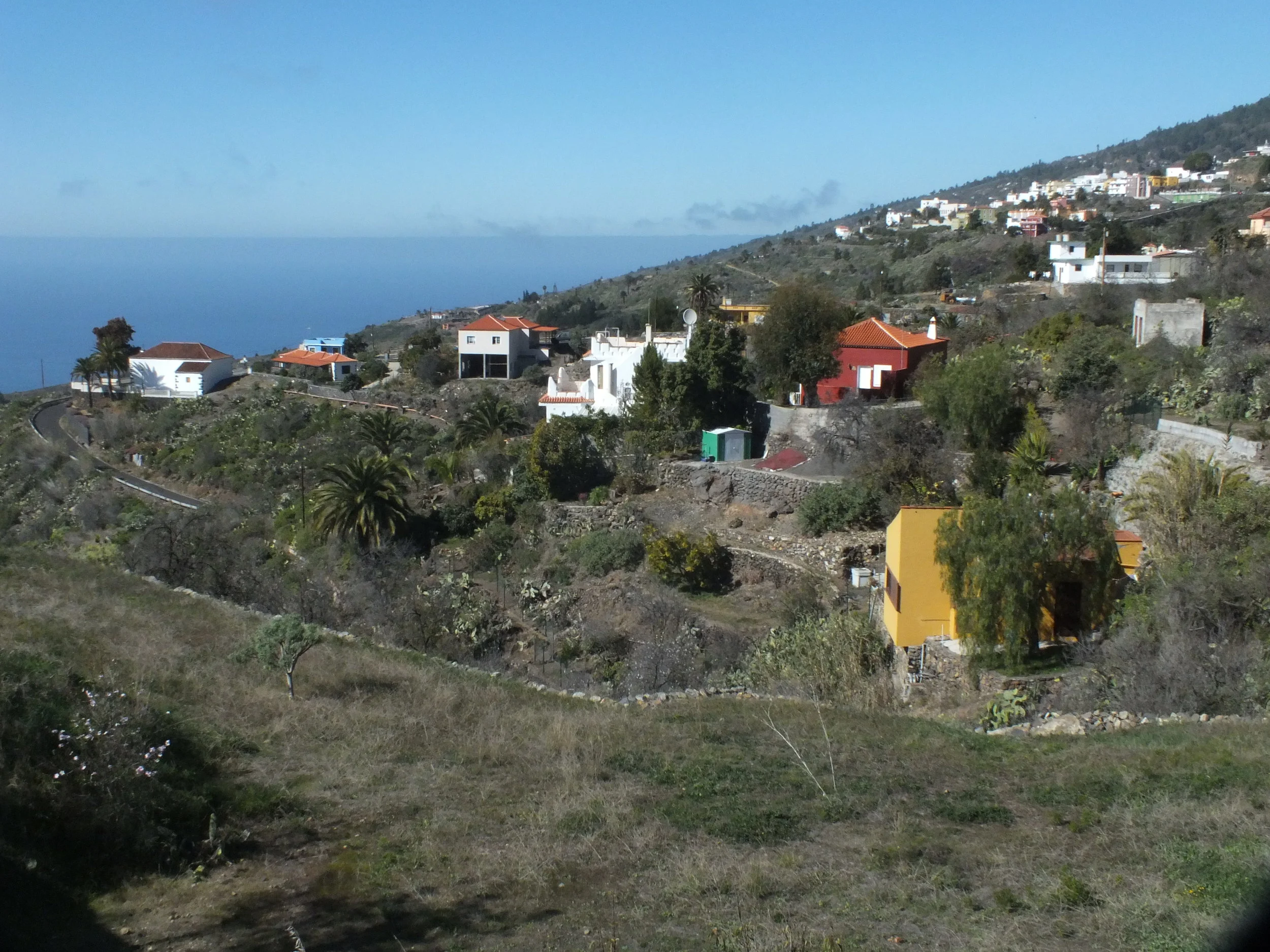When travelling many of us seek contact with local people or want to immerse ourselves in the local culture to gain that authentic experience. On the other hand, on highly organised tours or mainstream holidays, we can be relatively immune from meeting strangers as there is less need to engage or we are likely to be presented with fewer opportunities to spontaneously interact with local people. Contact with local people is more likely to be confined to local tour operators or hotel and restaurant staff. When travelling independently, the circumstances are different and one is more likely to be reliant on the help and kindness of strangers, especially if help is needed with directions, timetables, locations, or the accessibility to sights or facilities.
My track record
Certainly my experiences have been mixed. The occasions when I hitchhiked in my youth proved generally favourable with people sometimes going a few extra miles out of their way to drop me at a particular hostel or paid for a drink, or in rare cases for a meal. Some particular experiences I recall were:
- agreeing a lift from a truck driver at Zabjjak to take me on unpaved roads through the Montenegrin mountains to Titograd (now Podgorica). The fact that the ride was abruptly terminated at a factory in Niksic was beyond his control.
- being offered overnight accommodation in a construction workers’ compound in the small town of Kolasin, Northern Montenegro where I ate and slept on floor mattresses among the labourers
- finding something similar at a road maintenance workers’ camp on the Alaskan Highway
- waiting for a sea plane at a seemingly remote beach on Ulva Island (Stewart Island) trusting that the arrangements that have been made on our behalf were reliable, which indeed proved true!
- putting our trust in the hands of a Chinese guide in Guilin and Yangshao, never quite knowing where we were headed next, or even if the broad arrangements were organised
At the other end of the spectrum, probably the worst case occurred when having been given a lift in Switzerland, the guy stopped to ostensibly show me the view of the valley, but was basically propositioning me. My brush off of his attentions, quickly brought that lift to an end!
Heading in the right direction?
Of course there are times when the trust placed in strangers doesn’t work out quite so well, not out of any sense of malice or ill-will, but perhaps due to communication difficulties or unrealistic expectations on my part. In my early days of travelling I naively expected people to understand maps for directions or be able to explain bus connections etc. I came to realise that people were often either too proud or embarrassed to acknowledge that they could not explain, or in some cases could not actually read. To mask their embarrassment, they would then cover up by hand gesturing a vague or general direction to go. May be it sounded as if the campsite was only 5 minutes away when in reality it was 5 km out of town and something had got lost in translation despite evident sincerity.
Developing an instinct
On occasions I would be 10 minutes or more trying to follow what I thought had been accurately communicated, only to find out that it was entirely misleading. I learnt in travelling independently for a protracted length of time, I became more attuned to when somebody or some information was trustworthy or not. I began to start developing a reliable sixth sense in these kinds of situations that something was wrong or at least uncertain, and introduced my own mental check marks to gauge this.
Of course, when the trust you have given turns out well, there is often a moment of relief or perhaps even euphoria. Not only is this uplifting at that particular moment but more generally it can also restore one’s faith in the inherent goodness of people and their wish to be helpful. An emotional switch from despondency to joy has been a common experience.
Today, we probably have become accustomed to adopting a more risk and safety conscious mindset. For instance, hitchhiking, is now far less commonplace. Whilst sometimes this culture can possibly restrict our potential experiences, the roots of it are no doubt well founded. The availability of the internet and mobile technology has also taken some of the uncertainty out 'life on the road' giving access to such things as maps or timetables. Yet in trying to achieve that authentic experience and mixing with the locals, issues around trusting others and trusting one's own judgement are still likely to remain. Ultimately, it is up to each of us to strike an appropriate balance that minimises any dangers without limiting the pursuit of our adventures.




